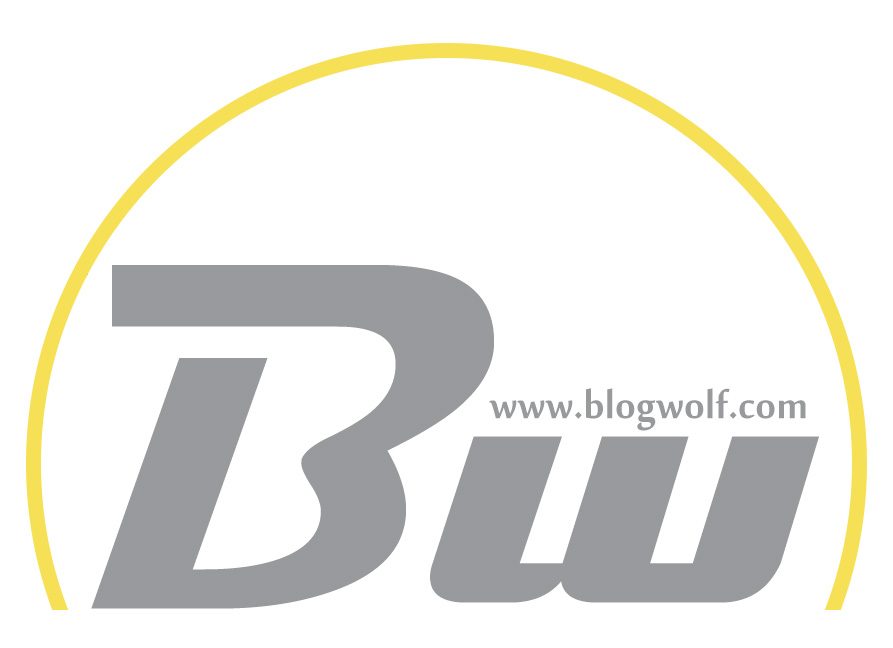Table of Contents
Choosing a web host can feel like trying to pick the best pizza place in New York—there are so many options, and they all claim to be the best. Two of the most popular hosting providers out there are SiteGround and GoDaddy. If you’re starting a website or thinking of switching providers, you’ve probably seen both names pop up. But which one really delivers on performance, support, and total cost?
Let’s break it down in a fun, simple way—like a friendly guide to help you decide where to park your awesome website.
🎯 Performance Face-Off: Speed & Uptime
Speed matters. A slow site is like a grumpy barista—nobody’s sticking around to place an order. This is where SiteGround really shines.
- SiteGround: Known for outstanding speed and uptime. Servers are powered by Google Cloud, which means modern tech and quick response times. SiteGround also uses free caching built into their system to make sites run faster.
- GoDaddy: Better known for domains than hosting. Performance is decent, but not exceptional. Basic plans don’t come with as many speed-boosting features unless you pay extra.
In several tests, SiteGround consistently showed faster page load times. That means your site appears quicker to visitors, which keeps them happy and helps with search rankings.
Uptime check? SiteGround averages about 99.99% uptime. GoDaddy hovers right around the industry standard of 99.9%. It’s a tight race, but SiteGround pulls ahead.

👨💻 Support: Who’s Got Your Back?
Let’s be real. At some point, something on your site might break or not work. Having a friendly and fast support team can save your day—or your sanity.
- SiteGround: Offers 24/7 support via chat, phone, and tickets. Their support team is often praised for being helpful, quick, and knowledgeable. You might feel like you’re chatting with a web expert buddy.
- GoDaddy: Also offers 24/7 support, but the quality varies. Some users say it’s slower and less technical. If you’re lucky, you get great help. If not… well, cross your fingers.
SiteGround also has a clean, user-friendly interface and guides that make problems easier to fix yourself. GoDaddy’s dashboard can be a bit cluttered, especially for beginners.
So if you want fast help without pulling your hair out—SiteGround gets the gold medal here.
💸 Total Cost: The Real Price Tag
We love sales and discounts. But let’s not forget what happens after the special promo ends. That’s where the true cost shows up.
Here’s a quick look at how the pricing works.
- SiteGround: Starting prices are around $2.99/month, but renewals jump to around $14.99/month.
- GoDaddy: Starts close—around $2.99/month—but with fewer features included for free. Renewals tend to be about $9.99–$11.99/month.
At first glance, GoDaddy seems cheaper after renewal. But here’s the catch—SiteGround gives you a lot more included in that price:
- Daily backups (GoDaddy charges extra!)
- Free email (GoDaddy only gives 1 year)
- Free CDN for speed
- Advanced security tools
By the time you add those same things to GoDaddy, the price tag ends up being pretty similar—sometimes even more.
🌟 User Experience: Which One Feels Smoother?
Let’s talk dashboards. If you’ve ever tried assembling Ikea furniture without any instructions, you’ll know that simple interfaces matter.
- SiteGround: Clean and modern customer area. Easy to find things, make changes, and manage your site. Great for beginners but powerful enough for pros.
- GoDaddy: Tries to do too much at once. You might start clicking around and forget what you were trying to do. Lots of upsells.
If you’re the type who just wants to log in, make a change, and log out—SiteGround feels like less of a maze.
🚨 Security and Extras
You want your site to be safe, right? That’s where security features come in.
- SiteGround: Offers strong built-in protection. You get a free SSL certificate, daily backups, AI anti-bot system, and more. It’s peace of mind right out of the box.
- GoDaddy: SSL is free—but only with some plans. Daily backups, security monitoring, and website scanning often cost extra.
It’s like buying a car. SiteGround gives you a full package with seatbelts, airbags, and a GPS. GoDaddy? You might need to add those features one by one.

📊 SEO and Speed Tools
This one’s short but sweet. SEO (Search Engine Optimization) depends a lot on your site’s structure and speed. While neither GoDaddy nor SiteGround does your SEO for you, tools can help.
- SiteGround: Includes optimization tools like caching, image compression, and integration with Cloudflare CDN. Helps your site load faster—and that makes Google happy.
- GoDaddy: You’ll need to upgrade to higher plans or install your own tools to get similar benefits.
For beginners especially, having speed and optimization baked in is a big bonus.
🏁 And the Winner Is…
Let’s recap with a quick scoreboard:
- Performance: SiteGround ✅
- Support: SiteGround ✅
- Total Cost After Add-ons: SiteGround (almost equal cost, more value) ✅
- User-Friendly: SiteGround ✅
- Security & Extras: SiteGround ✅
That’s a clean sweep. 🎉
But hold on! GoDaddy isn’t bad—it’s just best for folks who are already deep in their system (like if you bought a domain there and just want basic hosting). But if you want reliable, powerful, and worry-free hosting, SiteGround is hard to beat.
👋 Final Thoughts
Picking a web host doesn’t have to be overwhelming. Think about your priorities—do you want better speed, awesome support, included features, and help when things go sideways? If so, SiteGround wins by a landslide.
If you only care about domains and budget, and don’t mind a few extra steps or costs, GoDaddy might still suit your needs.
At the end of the day, it comes down to value—and that’s where SiteGround delivers in every department.
Your website deserves a good home. Whether it’s a blog, online store, or portfolio, make sure your hosting provider gives you the support, speed, and tools to grow. 👍


